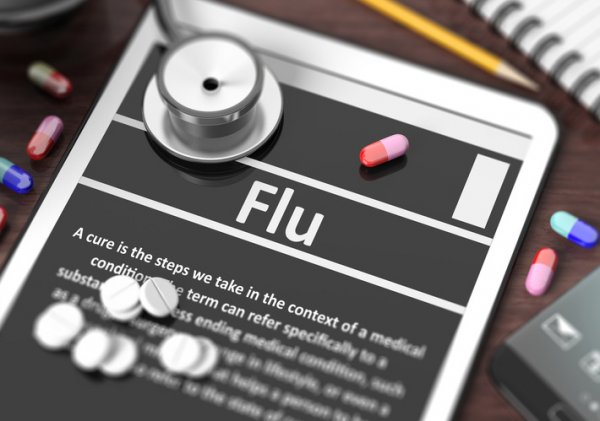A new survey commissioned by Seqirus has found that a high number of Australians are downplaying the prospect of contracting serious influenza.
The survey asked 1,000 adults aged 18 years and over about their attitudes to the flu.
Less than half (45 per cent) of survey respondents think flu is a very serious condition that can lead to death in vulnerable people.
Three in 10 respondents (29 per cent) say they are not intending to get vaccinated against the flu while another 11 per cent are still undecided.
Leading infectious disease expert Professor Robert Booy said, “For the last two years, we've had next to no flu, and vaccination rates have been low as well. As a consequence, the level of community protection has dropped significantly.
“I’m concerned about the correlation between people who do not think that flu is serious and those who do not intend to get vaccinated.”
The survey showed that people who do not intend to get vaccinated against flu in 2022 are more likely than those intending to get vaccinated to think it is not a serious condition (29 per cent compared to 11 per cent).
The data also showed a significant generational gap, with older respondents more likely than the younger to say they plan on getting the flu vaccine in 2022.
Professor Booy also said there was the possibility that recent calls for Australians to “treat COVID just like flu” have had the unintended consequence of portraying flu as a milder disease.
“People need reminding that we’ve had some bad flu seasons in the past. Modelling data from 2010-2019, estimates that Australia averaged nearly 2,800 annual flu deaths, with more than 6,400 estimated deaths in 2017 and over 5,200 in 2019. There is no way of predicting what 2022 will be like so we need to do everything we can now to prepare.”
According to Dr Daniel Furtner, the medical director of vaccines and biosecurity at Seqirus, “The last few years have demonstrated how viruses can impact our lives, especially when we have low immunity. It’s important that we continue to focus on public health efforts including protecting high-risk communities, reducing transmission and helping people recover quickly,” said Dr Furtner.
“Washing your hands, staying home if you’re unwell, social distancing, mask-wearing on public transport and vaccination will continue to be important measures for protecting us from viruses like flu.”
